Peptide Therapy for Hair Loss: Can Peptides Revitalize Hair Growth?
Hair loss is a common concern for many individuals due to various reasons. It affects their self-esteem and confidence.
In searching for effective solutions, scientific advancements have introduced various approaches, including peptides. Among these peptides, hgh peptides, growth hormone peptides, and growth hormone-releasing peptides have gained significant attention for their potential to stimulate hair growth.
This article explores the science behind peptide therapy for hair loss and whether these peptides hold the key to revitalizing hair growth.
The Role of growth hormone peptides
Growth hormone peptides have been studied extensively for their ability to boost hair growth.
They activate growth hormone receptors, stimulating hair follicles and promoting new hair strands.
Additionally, they may enhance blood circulation to the scalp, delivering essential nutrients and oxygen that support hair follicle health. This improves blood flow and contributes to an optimal environment for hair growth.
How do peptide HGH and peptide GH affect hair growth?
Peptide HGH, also known as Human Growth Hormone Peptide, has emerged as a promising avenue in hair restoration. This peptide acts as a growth hormone secretagogue, stimulating the body’s natural production of growth hormones.
By increasing growth hormone levels, peptide HGH can potentially promote hair follicle activity and trigger the growth of thicker, healthier hair strands.
One of the potential mechanisms through which peptide HGH may contribute to hair growth is by improving blood circulation to the scalp. Adequate blood flow is important in ensuring that necessary nutrients reach the hair follicles, creating a more favorable situation for hair production.
While the study on peptide HGH for hair growth is ongoing, anecdotal evidence and testimonials from individuals who have incorporated this peptide into their hair restoration routines have provided promising results.
Many individuals have reported improved hair growth, increased hair count, and enhanced hair thickness after using peptide HGH as part of their hair restoration regimen. These testimonials highlight the potential benefits of peptide HGH in addressing hair loss concerns.
However, it is important to approach peptide HGH therapy with caution and under the guidance of a qualified healthcare professional. Each individual’s response to treatment may vary, and it is crucial to consider factors such as underlying health conditions and appropriate dosage.
Consulting with a healthcare professional specializing in peptide therapy can help assess your needs and develop a personalized treatment plan tailored to your circumstances.
It’s worth noting that while peptide HGH shows promise, more extensive research is still needed to fully understand its efficacy and long-term safety in hair restoration. Scientists continue to investigate its mechanisms of action and conduct rigorous clinical studies to establish its effectiveness in addressing hair loss concerns.
Combining peptide therapy with other approaches
To maximize the benefits of peptide therapy, combining it with other hair restoration approaches is often recommended. This may include a healthy lifestyle, a balanced diet, and proper hair care practices.
Maintaining a nutritious diet rich in vitamins and minerals can support overall hair health. Additionally, using gentle hair care products, avoiding excessive heat styling, and minimizing stress also help give a positive environment for hair growth.
How can you add peptides to your routine?
If you want to consume peptides for better hair and skin health, they are available in different forms.
There are certain hair products that you can try containing peptides in them, such as hair masks, serums, and conditioners.
Not to mention, one can be allergic to the peptides. Therefore, it would be better to first patch test before introducing peptides into your hair care regime.
For patch testing, apply a small amount of peptide product to your forearm. Look for any patchiness or redness in the area in the next 24 hours. If you don’t notice anything, you could add peptides to your hair routine.
Conclusion
Hair loss can significantly impact an individual’s quality of life, but peptide therapy offers hope for those seeking to revitalize hair growth. Peptides such as high peptides, growth hormone peptides, and growth hormone-releasing peptides have shown promising results in stimulating hair follicles and promoting hair growth.
If you are experiencing hair loss and considering peptide therapy, it is crucial to consult with a qualified healthcare professional who can provide personalized advice and treatment options. They can evaluate your specific condition, discuss potential benefits and risks, and guide you through the appropriate use of peptides for hair restoration.

